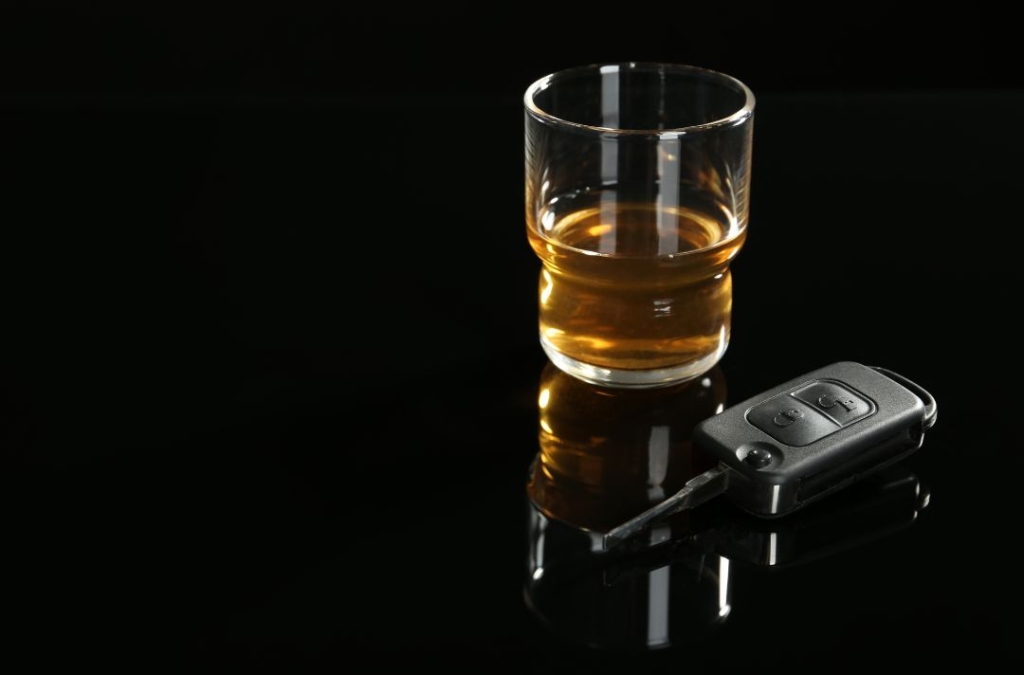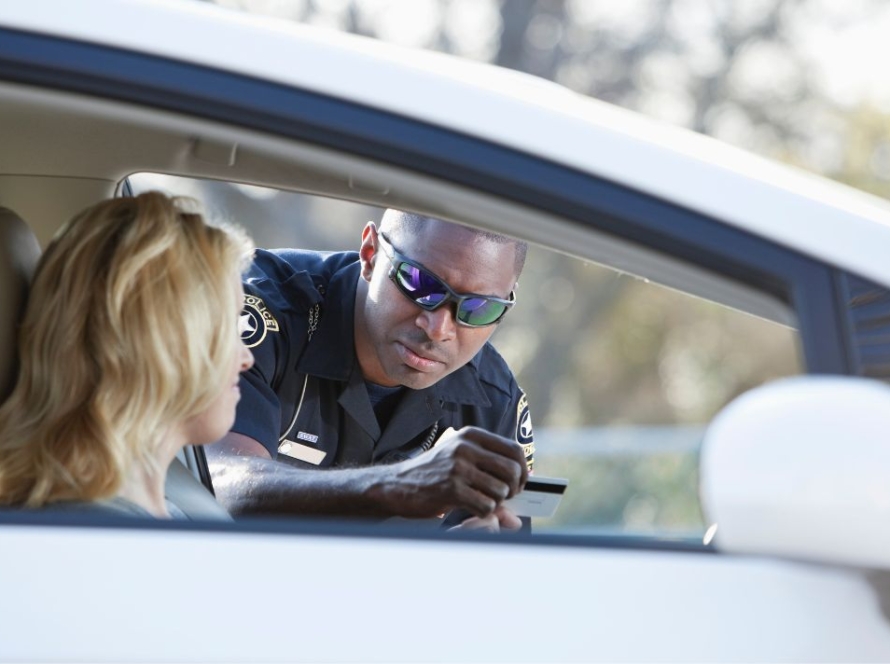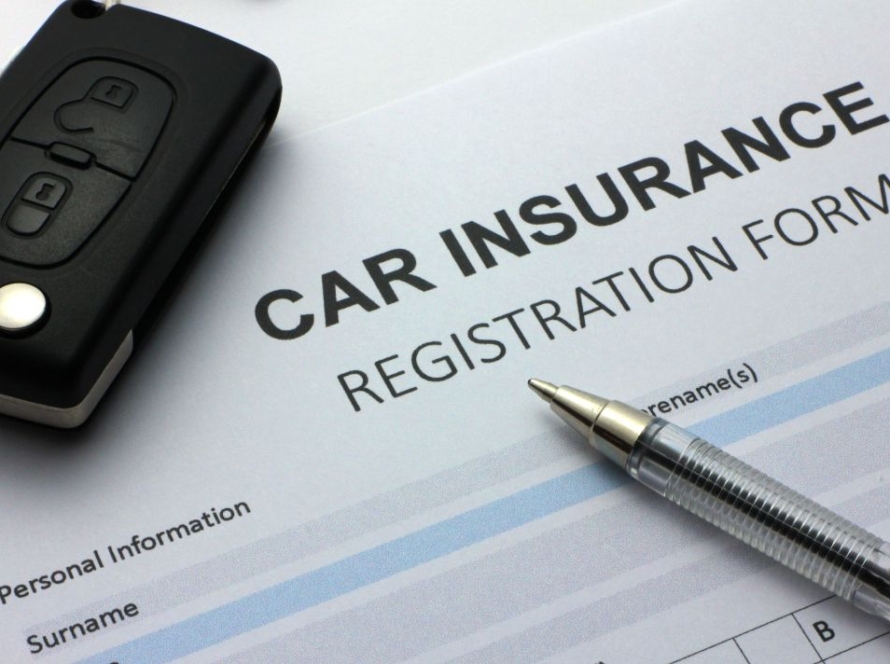Driving while intoxicated (DWI) or under the influence (DUI) is a serious offense. In Virginia, the effects of a DWI/DUI can remain on your driving record long after you’ve served your legal penalties. In Virginia, a DWI occurs when a person operates a vehicle after consuming alcohol. The terms DWI and DUI are used interchangeably in Virginia law, referring to the same behavior.
A DWI in Virginia also covers situations where a person drives after taking drugs. This includes illegal substances, prescription medications, and even over-the-counter drugs. You can face a DWI charge in Virginia if any drug impairs your driving abilities, regardless of whether you are legally allowed to use that drug. This highlights the importance of understanding how long does a DWI/DUI will stay on your driving record in Virginia.

Driving History
A DWI conviction in Virginia permanently tarnishes one’s criminal record. After the date of conviction, it is kept on the driver’s Department of Motor Vehicles (DMV) record for 11 years. While the DWI is on the driver’s DMV record, anyone who asks for it can see it. This includes employers, insurance companies, and the police.
Effects of DWI/DUI
Having a DWI or DUI on your driving record can lead to several problems, such as:
Higher insurance costs: A DWI can make your insurance payments go up. Insurance companies see drivers with a history of driving under the influence as more dangerous. In severe cases, insurance companies might not offer you coverage at all.
Impact on Employment: When employers screen potential hires, they often examine driving records. A DWI/DUI mark on your record can be a red flag, making it more challenging to secure employment, particularly in roles that require driving.
Driving License Suspension: In Virginia, a DWI/DUI results in your license being suspended for at least a year. Subsequent offenses can extend this suspension period. In some cases, drivers may obtain a restricted license, allowing them to travel only to essential places like work, school, appointments, and treatment programs. Obtaining this restricted license requires adherence to specific conditions, such as completing treatment programs or using ignition interlock devices.
Ignition Interlock Device: Similar to a breathalyzer, this device is installed in vehicles to prevent operation until the driver passes a breath test. Connected to the ignition system, the driver must blow into the device to start the engine. Additionally, the device may require breath samples periodically while driving, known as a rolling test. The court’s decision in the DWI/DUI case determines the length of time a driver must use the device.
Fines: In addition to the typical repercussions of a DWI/DUI conviction, the judge may also impose additional costs and fines on the driver.
Get Help from a Skilled Criminal Defense Lawyer
To protect your rights, if you are facing a DWI charge in Virginia, you should speak with an experienced Virginia DUI attorney right away. The lawyers at the KGO Law Firm have a lot of experience with DWI cases. We are ready to use our knowledge to support you through the legal process. We will put a lot of effort into reducing DWI’s negative effects. Set up an appointment to discuss your legal options with knowledgeable criminal defense attorneys in Virginia. You can get in touch with KGO Law Firm online or by phone at (703) 988-3711




